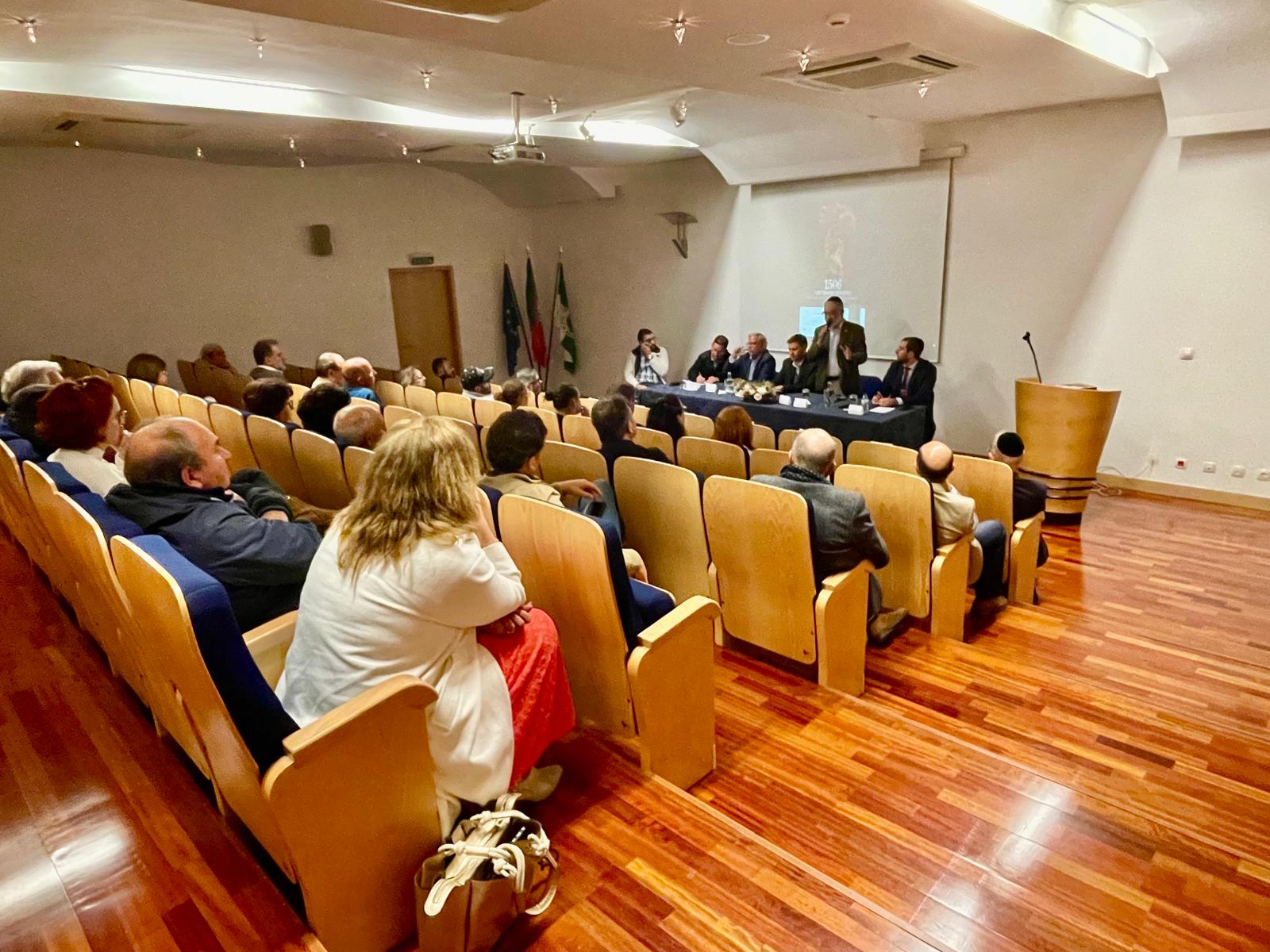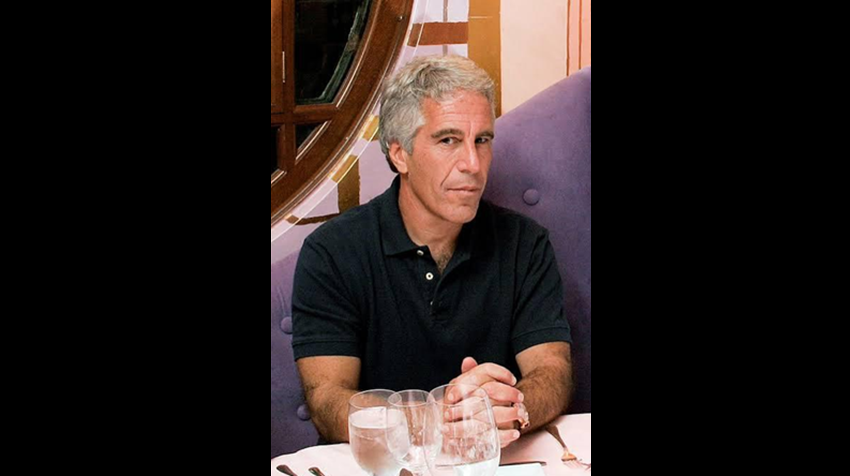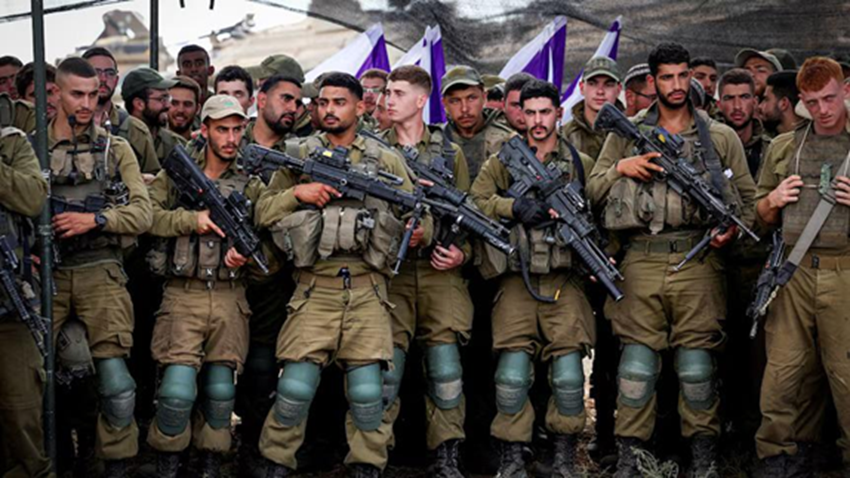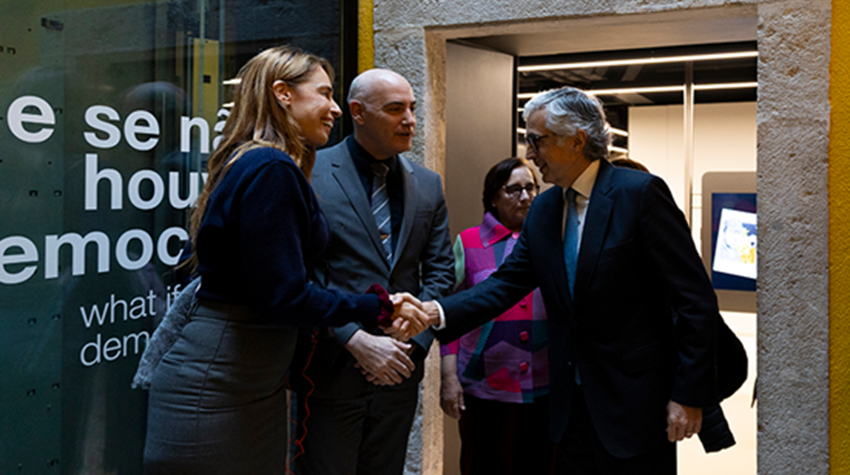The film “1506 – The Lisbon Genocide” was shown yesterday, Thursday, at the cinema of the Jewish Museum of Belmonte. The Vice President of the Municipality, PhDs from the University of Beira Interior and experts in Jewish tourism joined members of the Jewish communities of Belmonte, Lisbon and Oporto.
Under the title “How was the massacre of three thousand Jews possible?”, a moved audience watched the latest film produced by the Jewish Community of Oporto, "1506 - The Lisbon Genocide". This documentary film already has over two million views in its various languages and aims to show that the Shoah was not a singular event, but that Jews were victims of terrible pogroms throughout the Diaspora, especially in Europe and Eurasia.
In his intervention, Isaac Assor, from the Jewish community of Lisbon, quoted António Guterres to remind that “the 7th of October did not happen in a vacuum", because "it was preceded by disasters like the one that happened in Lisbon in 1506 and which demonstrate that violent anti-Semitism has always threatened and will threaten the existence of Jews throughout the world.”
Pedro Diogo, president of the Jewish community of Belmonte, expressed the hope that “terrible events like the one in 1506 in Lisbon and the one in 2003 in Israel would never happen again”. Throughout the debate, similarities were mentioned between the genocides that victimized Jews everywhere and at all times.
Gabriel Senderowicz from the Jewish community of Oporto, whose family fled to Brazil due to genocides in Bessarabia, stated that modern youth and even adults increasingly use films and not books for learning. “Today, people and children react more to visual media, so it is vital to create tools that depict with historical accuracy the pain and suffering Jews went through in the past so they can recognize it in the present”.

António Rodrigues, Vice President of the Municipal Chamber of Belmonte, highlighted that “this documentary film shows a massacre of Jews that has been forgotten” and acknowledged that he himself “had no idea that something so serious had happened in Portugal”. “May the new generations be aware of the future, which presupposes that they know the past”.
António Loja, from Turismo de Portugal, highlighted that “an effort needs to be made so that this film is shown in schools." "Everyone should be aware that Portugal was the scene of something of this nature and brutality, especially when we currently see anti-Semitism spreading like in times we wish to forget.”
Finally, José Rosa, historian at the University of Beira Interior, said it was “unbelievable that an event as serious as the massacre of 1506 can be outside the content studied in schools. I congratulate the Jewish community of Oporto for having produced an educational and impartial work. This film has no exaggerations. On the contrary, the Lisbon genocide was even more serious than the film shows”.
19th April is the anniversary of the start of the massacre which for three days assassinated about three thousand Jews in Lisbon. The bonfires went as high as the houses, in a city filled with quartered bodies where heads were paraded on the points of spears.
The documentary film was made as short as possible, about 20 minutes long, so that it may be seen by everyone of all ages, even those who prefer not to watch long movies. The format allows the organization viewings and debates in cinemas around the world, with invited speakers and comments from the audience.


































